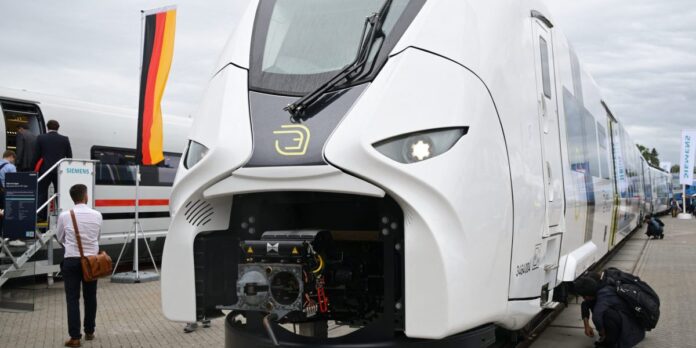The German economy is facing a period of stagnation, with continuous bad news leading to a negative sentiment that is exacerbating underlying structural issues, according to a top European bank.
The head of global macro research at ING painted a grim picture of the struggling German economy after a key indicator of activity recorded its fifth consecutive decline.
The Ifo Business Climate Index, which measures economic activity in various sectors, dropped to 85.4 in September from 86.6 in August, signaling a decrease in overall activity.
Carsten Brzeski from ING stated, “The German economy finds itself in a similar position as a year ago: trailing behind in growth within the eurozone with little hope for immediate improvement.”
“Following the economic downturn in the second quarter, the sentiment indicators for the first two months of the third quarter do not provide much reason for optimism.”
The prolonged negative production PMIs in Germany have led to a slowdown in overall business activity for over two years.
The country is still grappling with the aftermath of the disruption in the oil and gas supply from Russia, which has escalated input costs for businesses.
The decrease in demand from China, a major trading partner, has worsened the ongoing recession in the manufacturing sector.
The automotive sector in Germany has been a focal point in recent months, with challenges arising from the slower adoption of electric vehicles by consumers, impacting companies like Volkswagen and BMW.
Volkswagen, the largest employer in Germany, has faced difficulties and is considering cost-cutting strategies, including potential factory closures and job cuts.
Other international companies, like Intel, have delayed expansion plans in Germany, adding to the economic concerns in the country.
Despite the bleak outlook, there is hope for a slight improvement in the Ifo indicator towards the end of the year, though this would only represent a cyclical improvement from a low point, maintaining the narrative of a stagnating economy.




